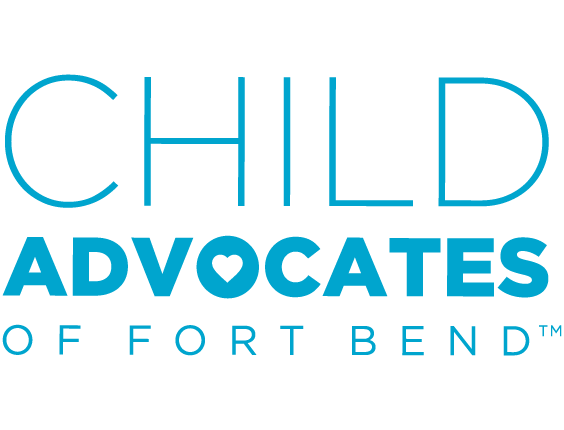In the midst of this world pandemic that has forced governments, businesses, schools and employers to take drastic measures, our past traumas and emotions don’t go anywhere. They do not get put on pause while families figure out these life changes and cope with the resulting stress. In fact, these stressful times may trigger feelings of loneliness, hopelessness, abandonment and depression, among many others, due to the need to physically isolate.
People with a predisposition to mental health disorders are particularly vulnerable. The fear of contracting this virus reminds us of the fragility of life and the fleetingness of the daily routines which we sometimes take for granted. For people with existing medical conditions, COVID-19 may flare up health-related anxiety.
As we physically isolate and stay home, tense family dynamics may be exacerbated. Extroverts may yearn for the varied and numerous interactions with people that charge them up, and introverts may feel overstimulated as they interact with family members more than is usual for them.
Most employers who have sent people to work from home expect a certain degree of productivity, which may or may not be realistic, depending on caregivers’ capacity to focus in their homes as they also parent children and teenagers who are probably starting to reach some level of boredom and restlessness.
As we all try to adjust, here are some suggestions I can offer:
- Everyone is probably feeling a lot of things and ALL of those things are ok to feel.
Pay attention to your self-talk; if it sounds anything like, “I should be able to get more work done from home,” “We should be bonding during this time together as a family,” “I should be more grateful that all of us are healthy; why am I so grumpy?”, “I should be exercising from home”—or really any other thought that includes the word “should”—take a second to slow down and replace those thoughts with more compassionate statements. “Shoulding” on yourself and others only causes resentment and feelings of shame. Have a couple of counter-thoughts prepared and repeat them to yourself and others until the “shoulds” lose strength. Examples are: “This is a hard situation and we’re all trying to do our best,” “It is ok to feel off and unproductive,” “Putting more pressure on myself will only make my mood worsen.”
Validate your own experience and that of your family members. You’re allowed to be grumpy. You’re allowed to complain. The kids are allowed to feel anxiety and boredom and act out as a result. You’re allowed to not be as productive as you imagined you would be. Your family is allowed to not know how to have a magical bonding time all day long. This pandemic is hard for everyone.
- Try to find activities you can do as a family, preferably related to mindfulness, getting some sunlight and being in tune with your body. However, set realistic expectations and allow family members to have choice and control over the activities. If nobody in the home has ever meditated or done yoga before, expecting that the family will do it every day for an hour is probably not realistic. Good places to start are the free app Headspace, which offers an introductory course where each meditation can be as short as 3 minutes. There are also free guided meditations in YouTube, such as this one.
- Take care of yourself.
As the head of a family, you’ll probably feel like your number one goal is to help home-school your children during this period, as well as to check in with your elderly family members. But you are going through this as an individual too.
-If you need time alone to recharge, ask for it.
-If you need silence around you, leave the room.
-If you have a hobby or activity that you do regularly just for you, try to still engage in it to the degree that you can.
A phone with a dead battery can’t make calls AND a caregiver who is burned out can’t care for others.
- Reach out for mental health services for you or your family members if you need them.
Crisis Text Line (Text HOME to 741741)
Volunteer counselors are available via text 24/7 to provide emotional support to support those experiencing any type of crisis.
The National Domestic Violence Hotline (Call 1-800-799-7233, text LOVEIS to 22522, or visit www.thehotline.org)
Highly-trained advocates are available 24/7 to talk with anyone experiencing domestic violence, seeking resources or information, or questioning unhealthy aspects of their relationship.
Childhelp National Child Abuse Hotline (Call 1-800-422-4453, or visit childhelp.org)
Childhelp is a national hotline providing support in suspected child abuse (physical, sexual, emotional, neglect) situations. The hotline offers crisis intervention, information, and referrals to thousands of emergency, social service, and support resources.
Veteran’s Crisis Line (Call 1-800-273-8255 and press 1 or visit veteranscrisisline.net)
This hotline is run by the VA and available to all veterans, active service members, National Guard and Reserve, and family members and friends. Many of the hotline responders are veterans themselves.
The Trevor Project (Call 1-866-488-7386 text START to 678678 or visit thetrevorproject.org)
A free, 24/7 crisis hotline for LGBT+ youth in crisis, feeling suicidal, or in need of a safe and judgment-free place to talk.
Financial Assistance
If you are being financially impacted by this pandemic, call 211 and you’ll be directed to organizations near you who may be able to help with food, rent & utilities assistance, etc. The phone line does have a waiting time, but someone will answer.
Hang in there.
You’re doing your best and we’ll get through this together.
Elena Petre, LMSW
